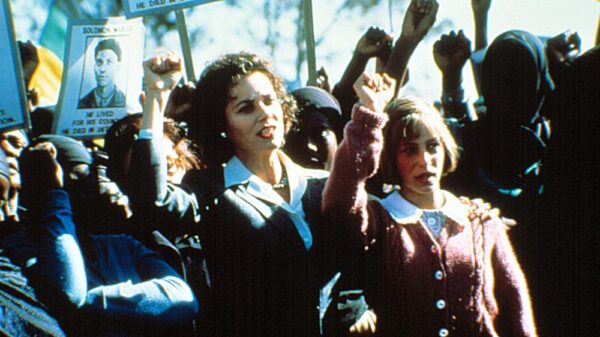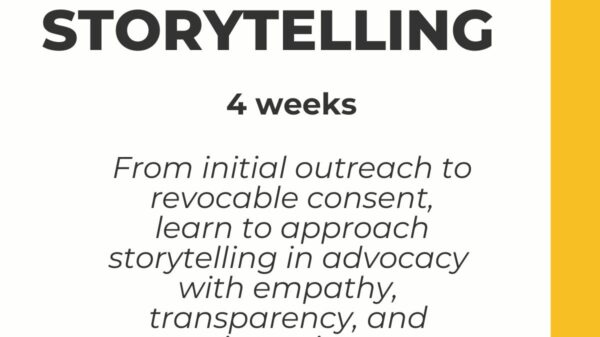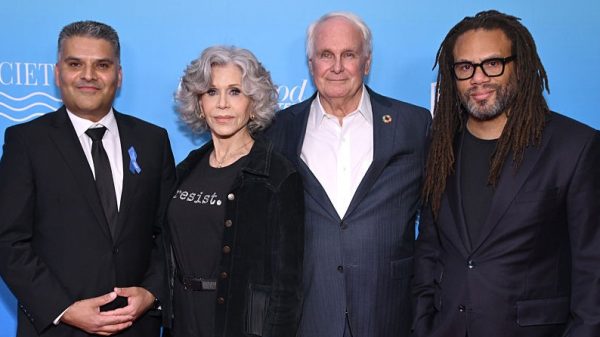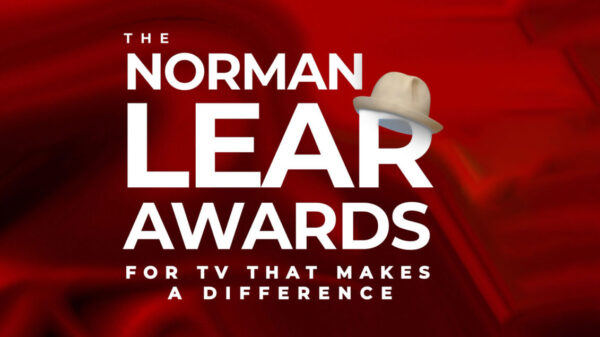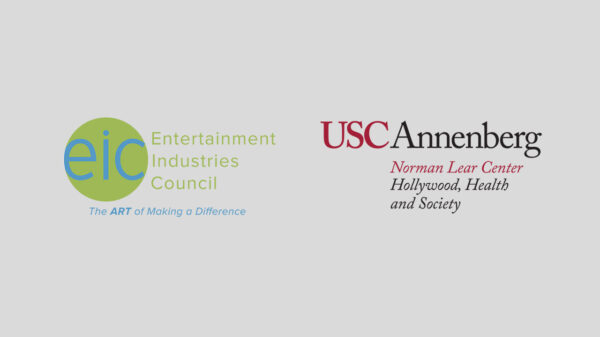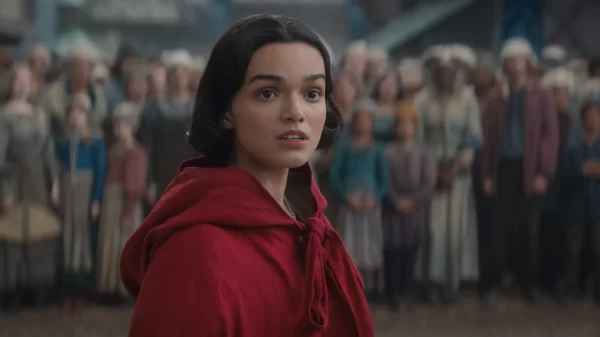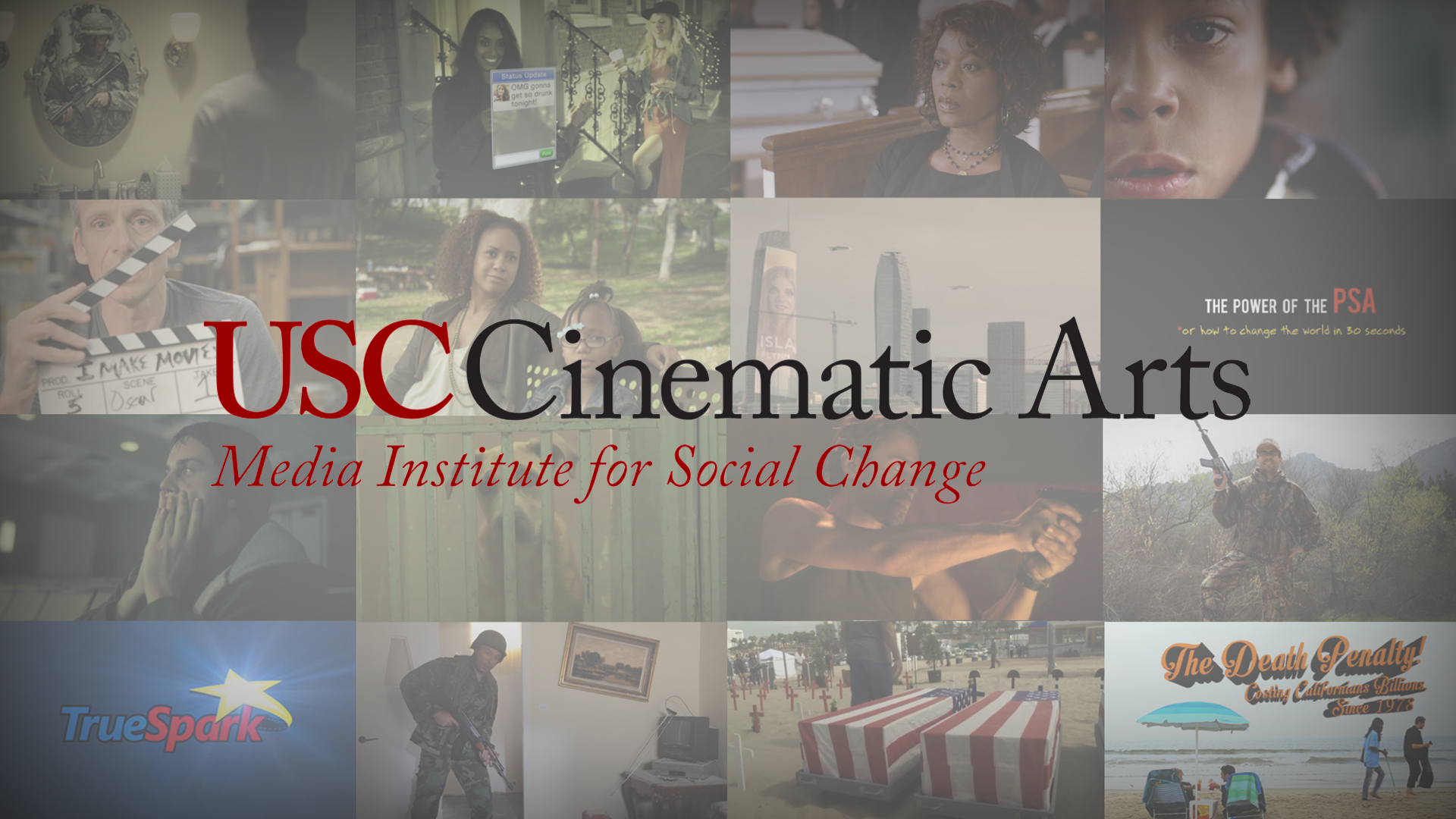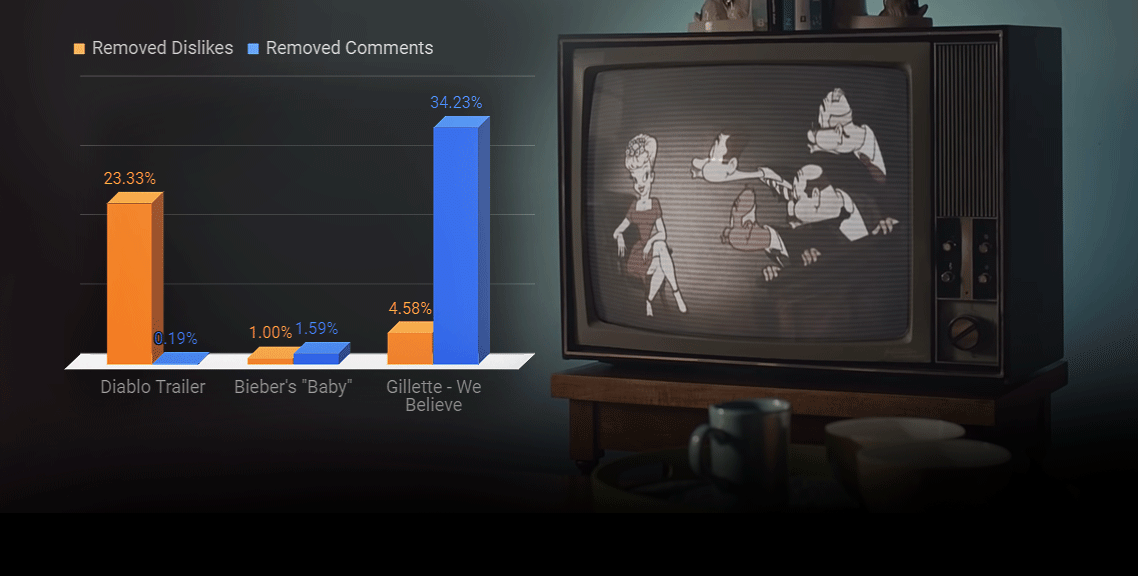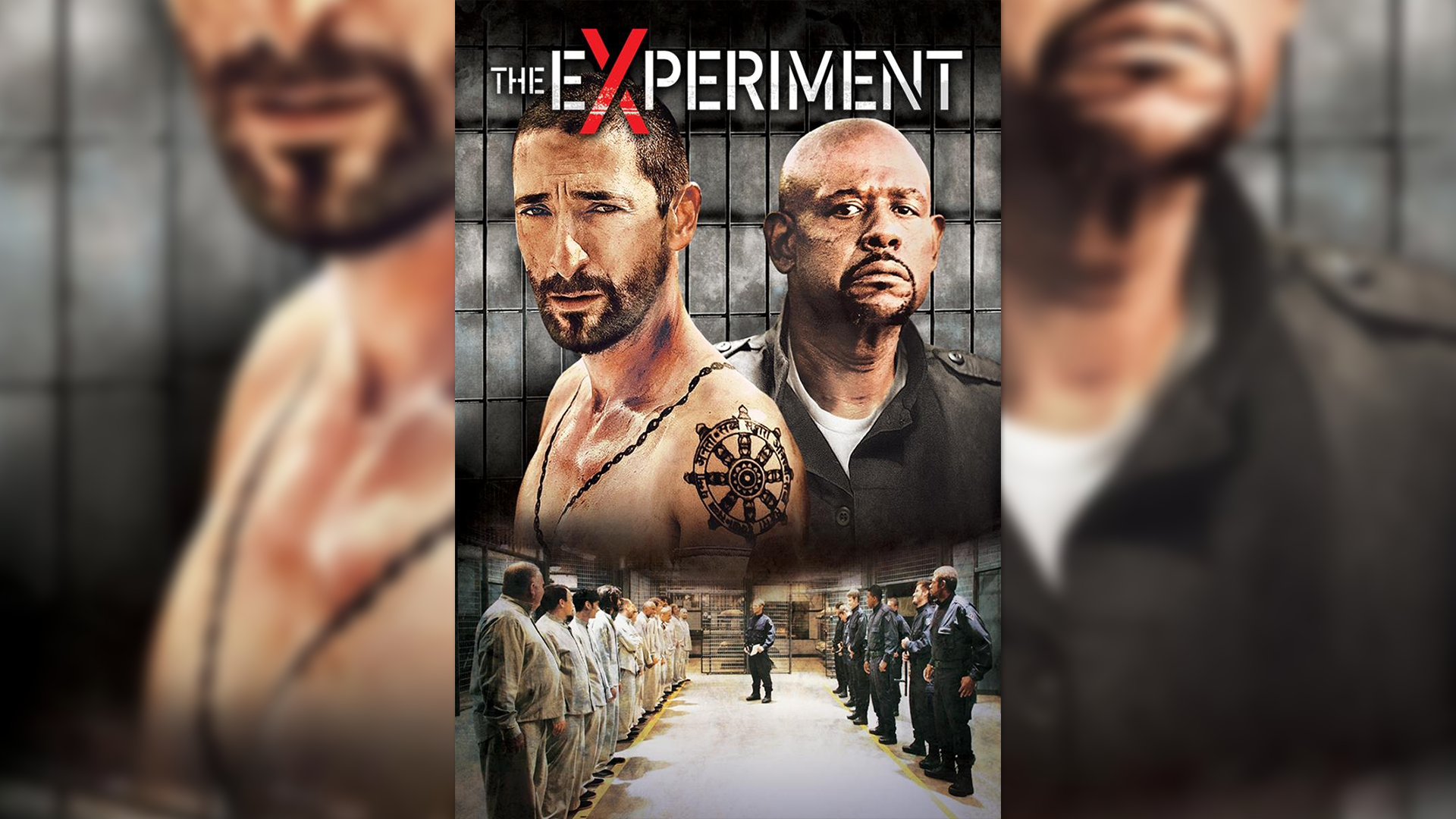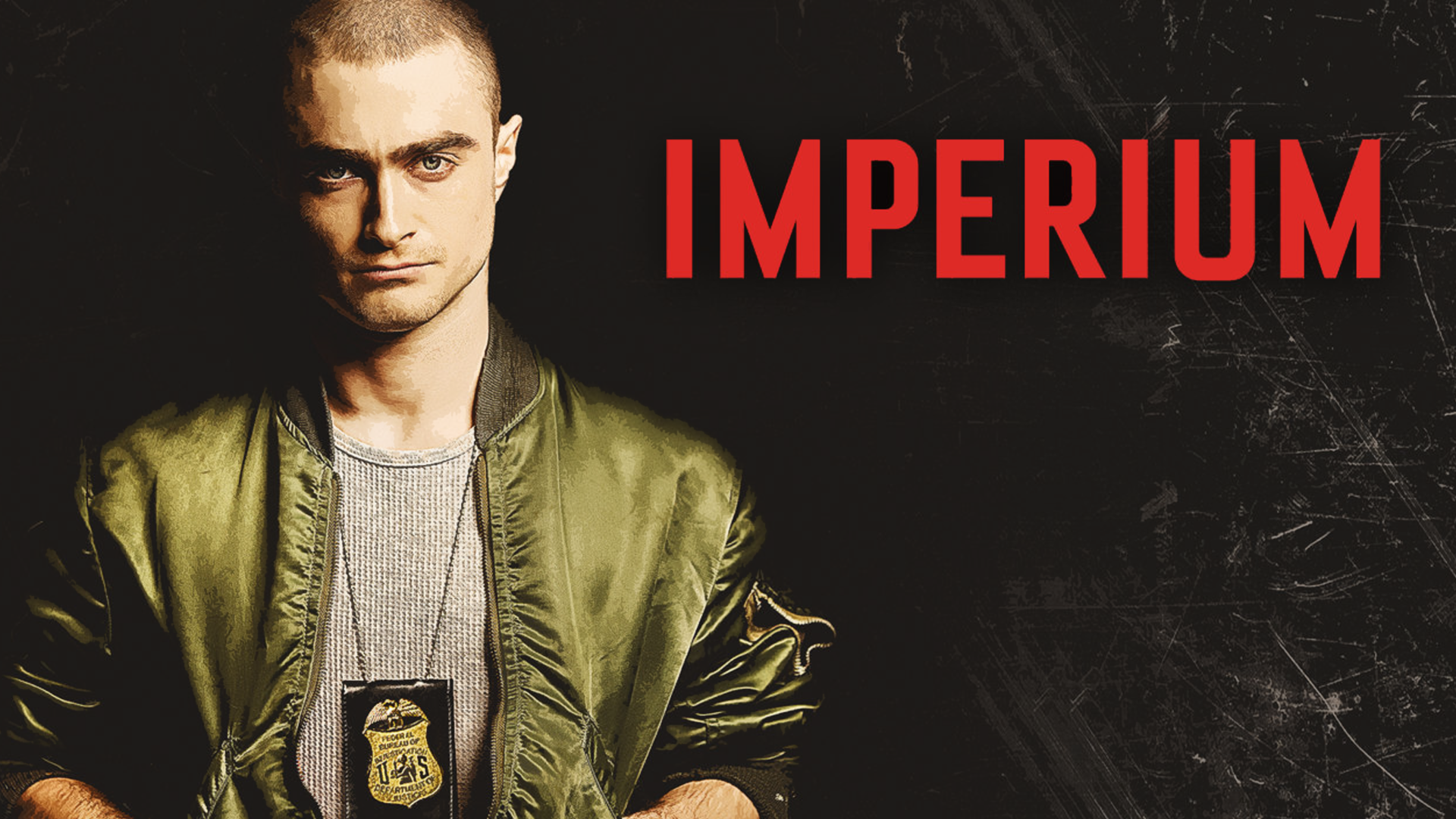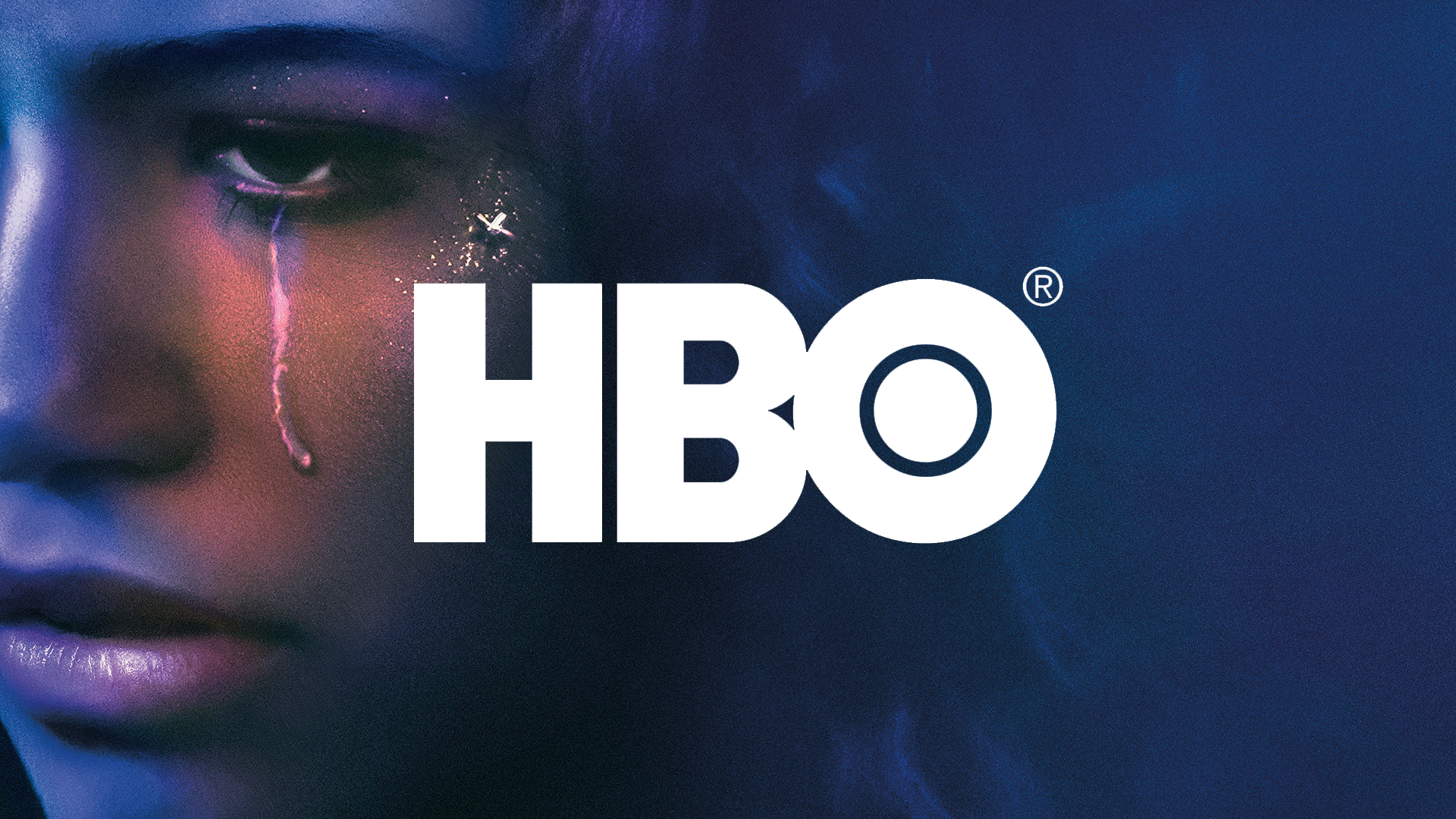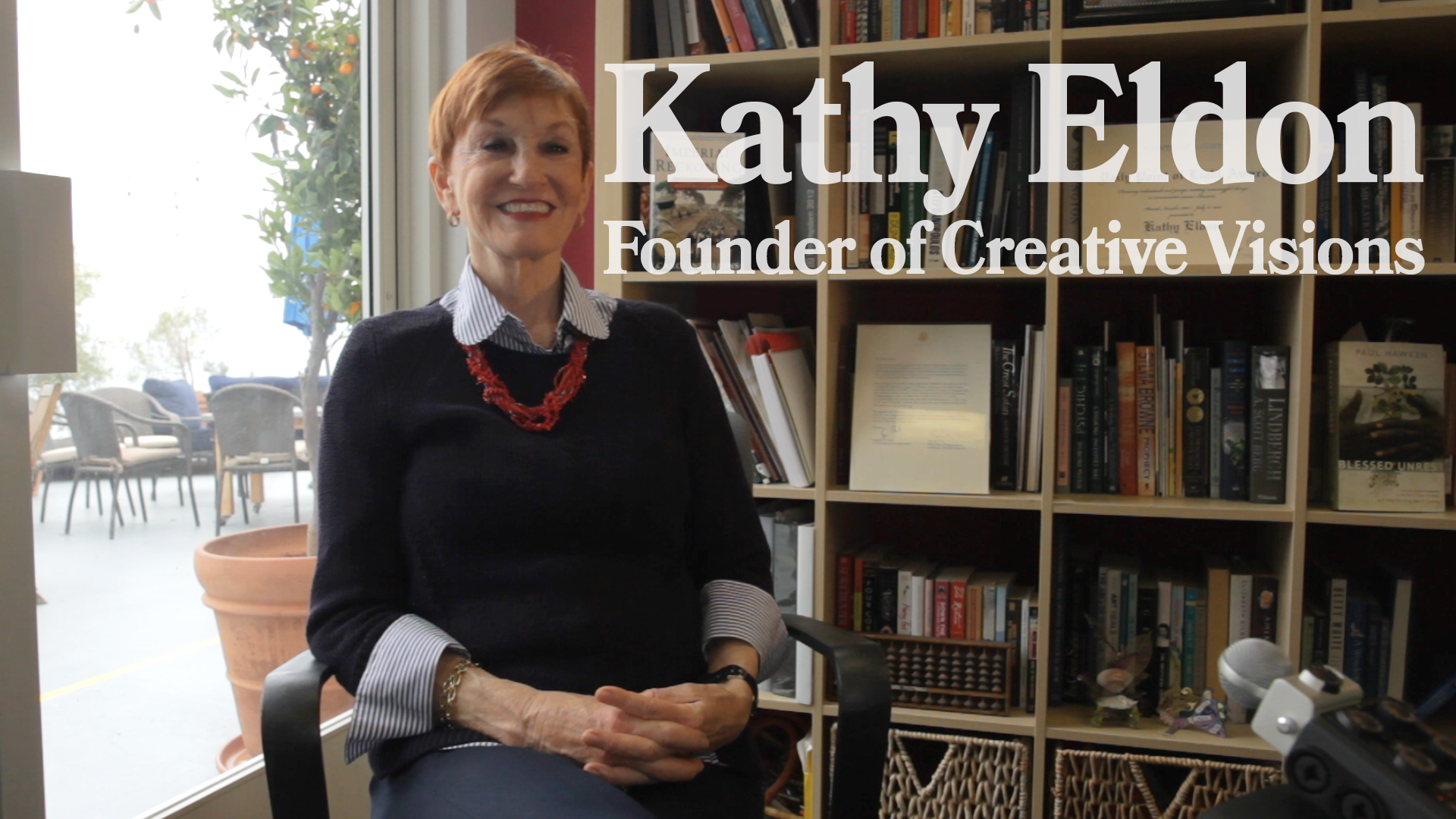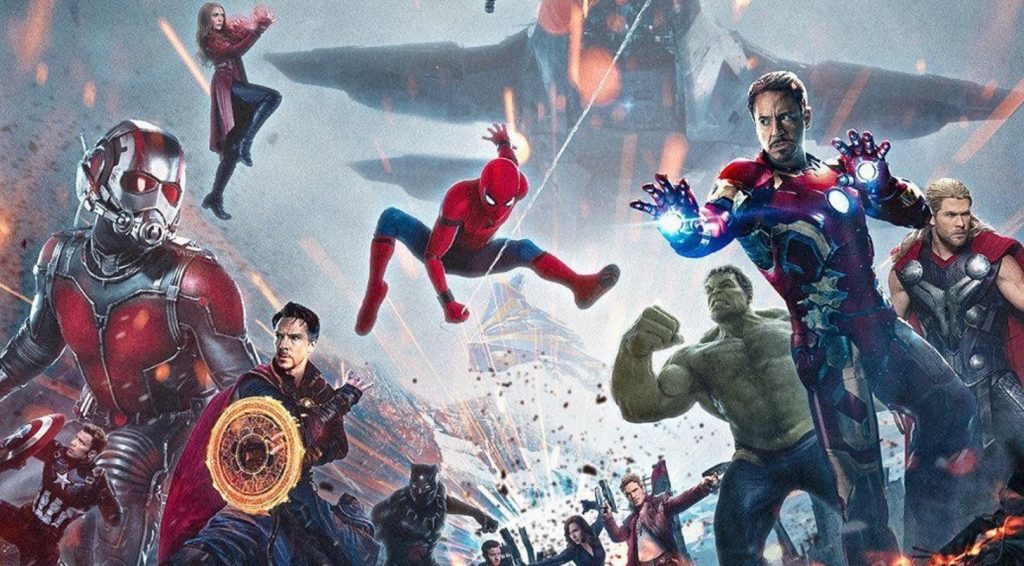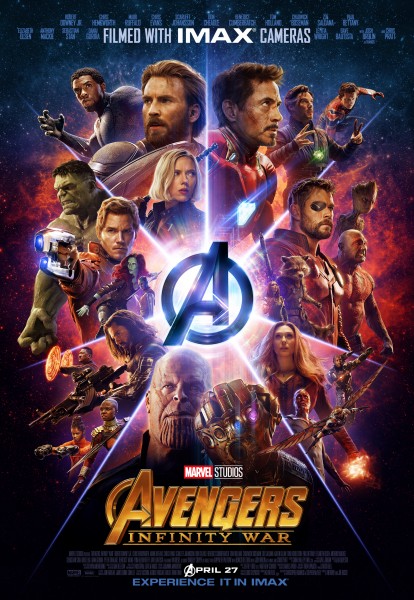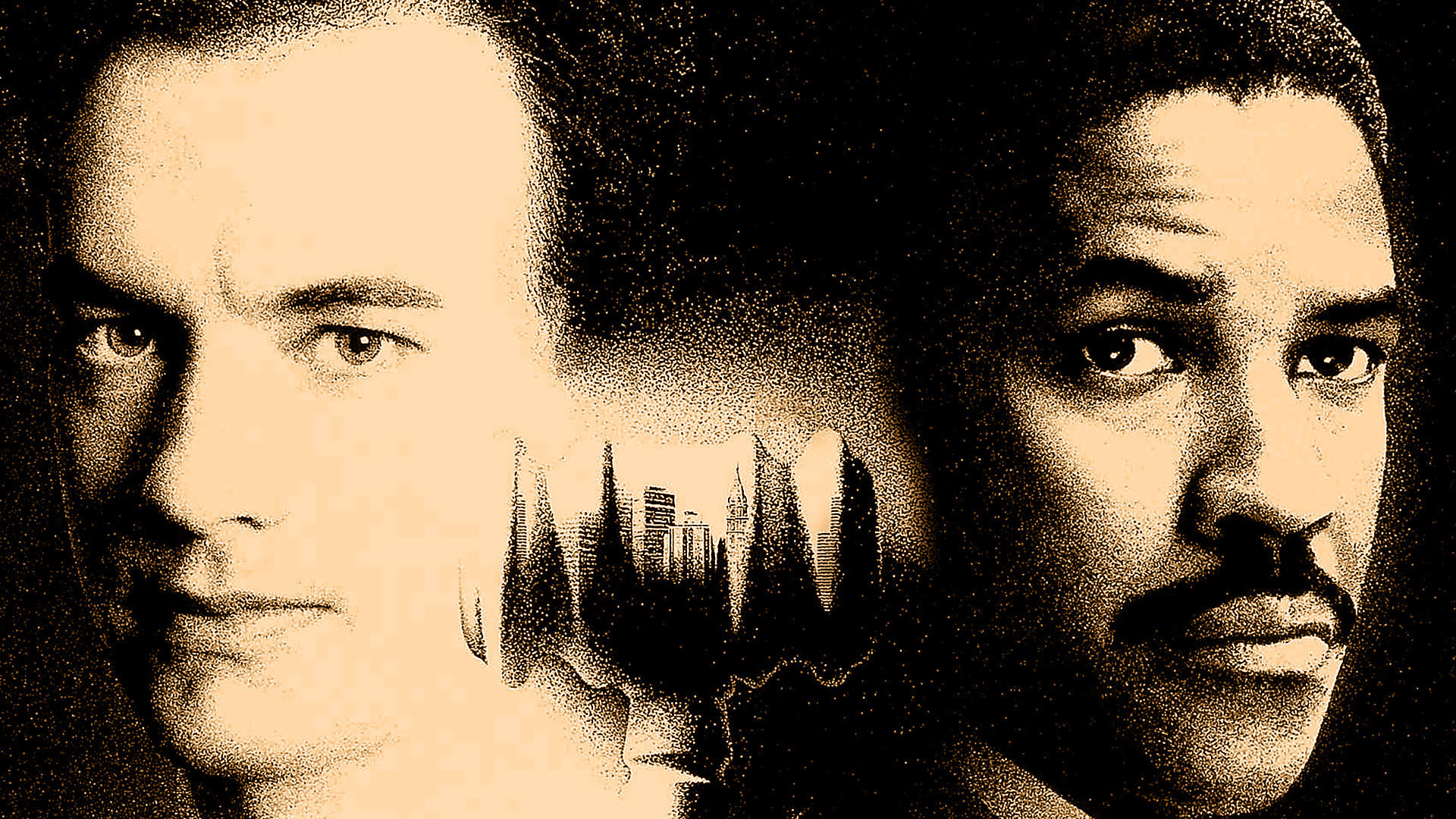1) The Russo brothers have created Marvel’s best directed film.
2) This film is Marvel’s most important development since the original Avengers.
The Origin Story
The Marvel Cinematic Universe (MCU) has always been an ambitious project. No other franchise had ever successfully created a cohesive universe like this. But with that, Marvel Studios realized the unique challenges they would need to overcome to maintain their cinematic world.
Steven Spielberg once claimed that audiences would grow tired of comic films, and that they would go the way of the Western. Although I love Marvel’s films, I once agreed with Spielberg’s sentiment. Each premiere brought the question back into my mind: “Is this where the downhill trend starts?” Several times, I walked out of the theater thinking “yes.” Only for the next release to prove me wrong.
The comic book movie is not a genre anymore. The tropes that defined comic films through the early 2000’s hardly exist today. The only aspect that defines these films today is an incredibly rich catalog of source material. A source material that has been reshaped and reinterpreted countless times over several generations. These characters are timeless; they represent the ideologies of previous generations, yet are constantly developing to the present day climate. The MCU is the newest interpretation of this modern mythology.
Over the last few years, Marvel’s film-making experiment started tackling issues like government oversight, mental health, institutional racism, and more. Moreover, these films started adapting established genres (political thriller, space opera, heist flick) to the comic book “genre”. This could only be done because of talented directors who respected and understood the source material. Marvel was learning how to make different types of films with their properties. They helped to deconstruct the comic book genre and laid the foundation for their franchise’s longevity.
While Marvel’s individual films could thrive by adapting their source material into genre films, the team-up films (The Avengers, Age of Ultron, and Civil War) were still finding their footing.
The Avengers (2012) was groundbreaking. It showed that the Marvel’s bets could pay off, but it also showed everyone the problems they would need to overcome. This film spends a lot of time setting up the team, and for a majority of the run time, the Avengers are learning how to work with each other instead of working against the primary antagonist. More than a few characters were pushed to the wayside as well. In the end, the film was only about establishing the Avengers as a group, not developing that group as one entity. Regardless, the film proved that team-up films could work and more importantly, set up the future development of some of its key players.
The Avengers: Age of Ultron (2015) might have been a much better film if Marvel decided to make it an Iron Man film with Avengers as side-characters, similar to Civil War. At its core, Age of Ultron wanted to be a film centered around Tony Stark and his reflection, Ultron. But there wasn’t enough time. The solo film’s formula could not work in the Avengers films. And with the Avengers together from the start, director Joss Whedon struggled to develop each individual and the group as a whole simultaneously.
The Avengers showed audiences a tease of what team-up films could accomplish, but there was no precedent for developing the entire group over a full feature. Consequently, Age of Ultron showed how difficult that task was. Civil War was successful and well-received, but it was centered on Captain America while the rest of the Avengers took a backseat.
Enter The Avengers: Infinity War (2018).
The Review
What makes a film good? What makes it bad? How much of that judgement is determined from objective metrics and how much of it is influenced by context?
Genre does not excuse poor storytelling. “It’s just a comic book movie” cannot be an explanation for a film’s shortcomings. But genre, background, and source material do provide a context to judge art mediums appropriately. Metrics of quality adapt to new art, not the other way around. We don’t criticize The Odyssey or Gilgamesh for plot holes; we accept them as part of the story and we realize that much of those stories’ impact wouldn’t be possible without their faults. Stories are a product of their time, and they can not all be judged on the same rubric.
Adaptation needs to occur on both sides. As much as source material needs to be changed to fit into the medium of a film, film as a creative medium should adapt to comics.
Infinity War hopes to define the future of team-up superhero movies. The Russos are outstanding directors and they know the technical faults of this film better than anyone. But direction is about choice. What did this film choose to sacrifice to create what it did?
Infinity War challenges the audience to keep up. Modern film making has been hijacked by today’s media consumption. Binge culture has changed how audiences watch media. Infinity War is a film that can assumes you have kept up, because it is so much easier to do so today than it was 20 years ago. And that assumption allows it to explore a story on a larger magnitude without worrying about set-up.
Although the MCU is a series of movies divided into phases, we should not think of the Avengers films as finales to television seasons. They signal the start of a new development, not the end of the current one. Most main characters in this film have completed their character arcs before the movie begins. The Avengers films are about conflicts whose aftermaths set our characters on a new journey. Because there is so little screen time for so many people, the best way to develop our heroes is to use the team-up films as a starting point for each character, not as a conclusion.
Many characters lacked satisfying arcs because their arcs don’t exist in this one film; they existed in the films leading up to it. Giving meaningful presence to each character is an act of futility; it eats up too much time. Instead, Infinity War takes these fully developed characters and begins pushing them to their limits as a group.
Infinity War isn’t about watching these characters change and evolve; it’s about showing how these characters haven’t grown enough. The Avengers, as a group, have not developed properly in the past 6 years. From that, the ending of this film punctuates how these characters need to grow to move on. Our heroes needed to have a definitive loss. And we all need to let that sink in. Infinity War acknowledges the character’s and the franchise’s faults and sets them on a path to resolve them. We leave thinking less about the movie and more about how it fits in to what came before and what is coming next.
The Aftermath
Art always adapts to its current audience; our support and criticism shape the evolution today’s media. Our biases are rooted in the past and, consequently, our expectations as well. Although we are inspired by the past, we cannot push art forward with breaking the status quo.
The MCU is not a film series. It is a web of interlocking stories; a living project that grows and develops alongside it’s audience. There are endless branches of stories and events that intersect, combine, and grow together. It is the closest any medium has gotten to becoming a comic book series (shocking, I know).
Infinity War was never trying to be a good film. A film like this can’t spend its time adhering to conventional views on what a film “should be” because it is spending its time trying to push those standards. It is a film that puts traditional structures aside because it can rely on the structure of the franchise. It can set aside establishing characters because the audience knows them already. The title of this entire article summarizes my main point. You cannot speak about this movie without speaking about the franchise as a whole.
Infinity War is the best directed film in Marvel’s Cinematic Universe.
As a film, it’s not perfect. Some could probably make a good argument that it is a bad film. It has issues ranging from pacing, character arcs, etc. But Infinity War, and the Russos, are very aware of that.
Infinity War suffers as a film to establish something new. It utilizes every inch of its run time to create an incredible chapter in a larger story line. It is designed to be appreciated in context of every film that came before it in the past 10 years. Infinity War succeeds in telling a jaw-dropping moment in Marvel history by efficiently using every lesson the previous 17 films have learned. It never forgets to stay true to the characters, humor, action, and larger picture of the MCU.
Infinity War compromises where it can, but where it can’t, it doesn’t.
—
By guest writer Emanuel Flores.


